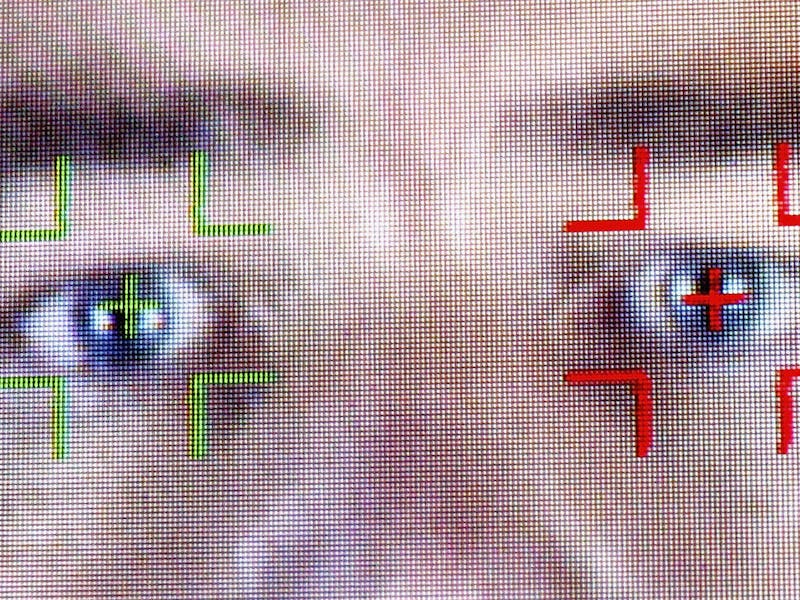Physiognomy and the Return of the Discredited Sciences
An Israeli start-up says it can identify a terrorist just by analyzing their face.

There’s a long history of once-popular sciences that were eventually discredited and left to die. Physiognomy — face-reading — is one of those sciences. But it might be making a comeback.
Imbued with a new sense of purpose, the forgotten method might be used to better combat terrorism.
That’s because of an Israeli start-up called Faception that is reportedly working with homeland security to identify terrorists by their faces. It’s a resurgence that’s definitely not without its concerns — and numerous detractors. Faception claims it can scan an image of a face from any kind of online database — photos, a livestream, whatever — and extrapolate personality traits. The company offers examples of the kind of certain persona its algorithms can identify: High IQ; academic researcher; professional poker player; terrorist.
“Enrich your profile database with a variety of personality scores,” its website urges. “Turn unknown individuals into known ones.” For obvious reasons, claims of that nature have a lot of people concerned.
“Can I predict that you’re an ax murderer by looking at your face and therefore should I arrest you?” Pedro Domingos, a professor of computer science at the University of Washington and author of The Master Algorithm told the Washington Post. “You can see how this would be controversial.”
Physiognomy isn’t the only ethically and/or scientifically dubious practice to see some renewed attention in recent years. Lamarckian evolution, a universally disproven theory relegated to one multiple choice option on the AP Biology test, is apparently once again a thing people talk about without irony. According to Real Clear Science, this is due to a resurgence in the field of epigenetics.
Lamarckian evolution was basically the theory that if, say, an elephant loses a leg, then somehow reproduces, its offspring should be born with three legs. You can see why it didn’t stand the test of time, though of course we get to be smug about these things now that we’re standing on the shoulders of the generations of scientists that have come since the destined-to-be-partially-forgotten Jean- Baptiste Lamarck.
But epigenetics, the study of what might change the behavior of our genes without altering their chemical nature, lives on despite nearly universal criticism from the scientific community. The New Yorker published a piece earlier this month about a supposed breakthrough in the field, which received a good deal of backlash. As for physiognomy, we’ll have to wait and see whether it burns out as a fad resurrected by the threat of terrorism — or if it’s really here to stay.